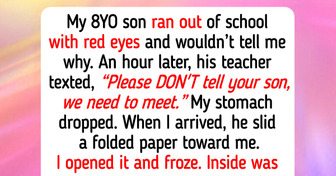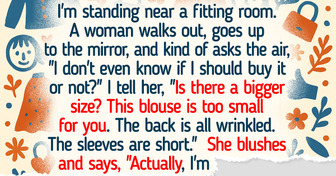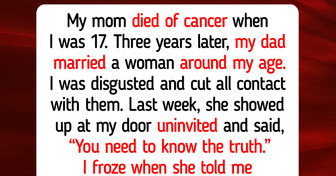14 Stories That Prove Living With Kids Is Basically a 24/7 Comedy Show

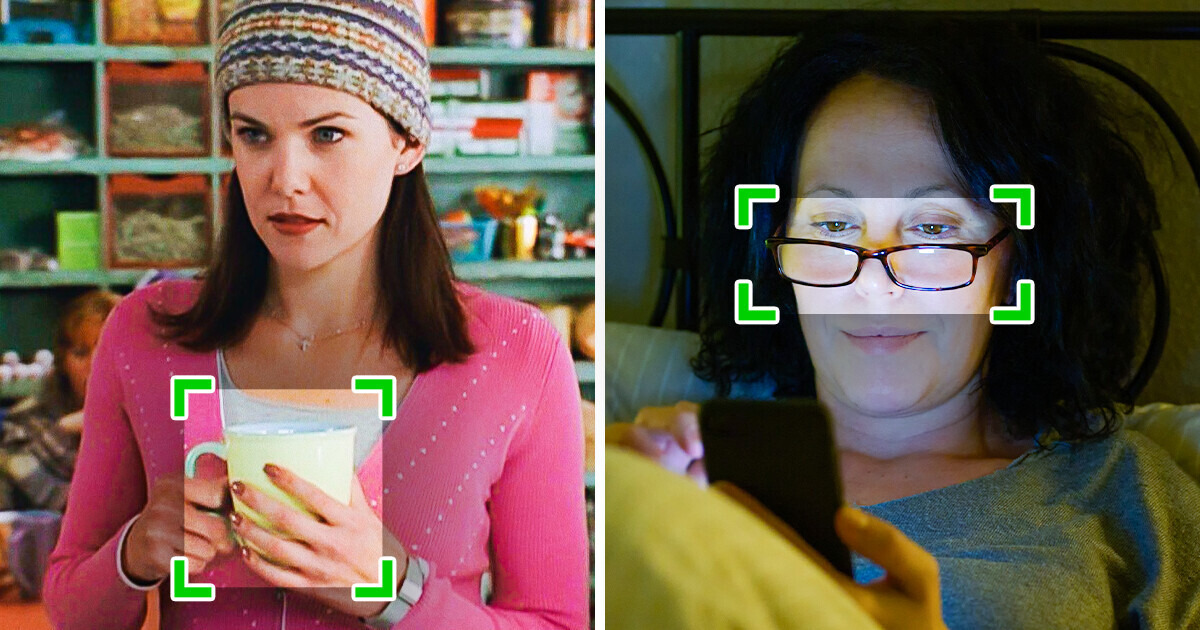
Fatigue is becoming more and more common today. In the US alone, about 20% of people claim it interferes with living a normal life. And, as it turns out, it’s not just high levels of stress that can lead us to feel sleepy and tired all day. 20%-60% of cases are the result of various physical rather than mental issues, many of which are not that easy to spot.
We usually assume that coffee and energy drinks only give us a quick needed boost of energy and completely forget that our resources are not endless. That’s why if we over-rely on all these beverages, we may feel good for a while but very tired the next day.
Also, coffee has a huge impact on our sleep, making it poor and insufficient. Drinking too much coffee is directly linked to having nighttime worries as well as increasing nighttime awakenings, therefore, decreasing total sleep time.
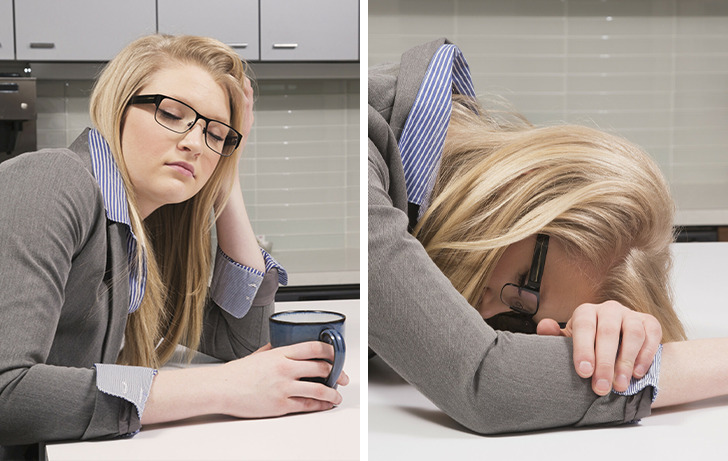
Plus, some people are more sensitive to caffeine’s effects on sleep. So if you’ve noticed anything like that, try to cut back and see if it helps to improve your sleep and energy levels.
By the way, green tea also contains caffeine, so if you’re a fan of this “more natural” energy booster, take some time to consider whether it’s that good for your health after all. There’s nothing bad about having one cup of tea per day, however, over-consumption might cause more harm than good to your health.

Being well-hydrated is crucial for maintaining energy levels. We lose water with every calorie we spend. And all these losses should be replaced. If we don’t drink enough water, we will feel more and more fatigued, and our ability to concentrate will significantly decrease.
In fact, dehydration affects our entire bodies, which also affects our sleep cycles, shortening them the way coffee does. And the symptoms are very similar: thirst, fatigue, dizziness, and even headaches.

You may have heard you should drink 8 glasses of water every day, or something like that. But it all depends on our weight, age, sex, and levels of activity. Just start with one glass of water every time you feel tired and see for yourself — your mood and well-being will improve very soon.
This causes anemia, which may be the major reason why you feel so tired. Iron deficiency in your blood prevents the body from producing enough hemoglobin. However, you can’t say for sure if you don’t take a blood test. In some severe cases, you can tell you have a shortage of normal red blood cells if your skin is too pale compared to normal skin.
If fatigue has become somewhat normal for a long, long time, it’s probably time to visit a doctor. If there’s not enough iron in your system, change your diet and eat more spinach and meat, as well as take different iron supplements. It will certainly help!
Now, there’s nothing bad about these things. It’s just that the essential vitamin, B12, is only found in animal protein. And a lack of it can make you feel like a squeezed lemon. So don’t hesitate to contact your doctor and pick up all the necessary vitamins to maintain your way of life and feel great every single day.
Hypothyroidism is a very common disease, and around 12% of the US population, for instance, will develop it during their lifetime, mostly women. This happens when the thyroid gland simply does not produce enough thyroid hormone, which controls our metabolism. That’s why when its levels are low, we may feel tiredness, experience weight gain, and feel cold all the time.
What’s even more confusing is that hypothyroidism can also contribute to symptoms of depression. But a simple blood test can determine it, and a doctor can prescribe you medications that will help to treat your underactive thyroid and feel better.
It’s a chronic condition in which there may be pauses in breathing while a person is sleeping. It continues only for a few seconds, but can occur several times per night. Very often, breathing becomes normal again with a snort or a choking sound. It is very disruptive to a person’s sleep, which then, consequently, results in daytime sleepiness and fatigue.
Other symptoms include morning headaches, memory problems, poor concentration, and irritability. So if you know you snore, just ask if others ever notice any problems with your breathing while sleeping as well. If the symptoms are present, consult a doctor — there are many good treatments for this condition that will help you to improve the quality of your sleep and well-being.

Many people can present food sensitivities, especially if they have Hashimoto’s thyroiditis or any other autoimmune conditions. The most common sensitivities are gluten, soy, eggs, corn, and nuts.
In this case, you can also get a simple blood test and find out if you have any sensitivities, or you can just remove the food that you think is an issue. This will not only help to restore your energy levels, but it might also eliminate many other symptoms.
We have access to electricity 24/7. However, long exposure to light rich in blue wavelength, especially in the evening, can significantly impact our sleep quality and health.
As it is with many other issues, moderation is key here. So try to limit the use of smartphones and tablets where possible or lower the screen’s brightness. Today, it’s possible to schedule all these things so that the devices will do it automatically at certain hours.
But if you think switching to a printed book will save the day, you’re wrong, as regular light bulbs are also a source of blue light. So at least try to change the bulbs in your bedroom to ones with a lower M/P ratio. The M/P ratio will promote alertness and produce enough visual illumination that will not fatigue your eyes.
If you simply can’t live without scrolling through your phone late at night, or if you have insomnia, blue light glasses also might be a good option. It will not make you immune to the effects of blue light, but it will certainly lower your overall exposure to it.
Also, there’s such a thing as chronic fatigue syndrome. It’s a condition of extreme fatigue that persists for more than 6 months. And it cannot be improved with rest and often causes a lower level of occupational, educational, or social functioning, and even feeling lightheaded all the time.
It is diagnosed only by doctors and though there is no cure, the majority of symptoms can be managed with medication and lifestyle changes. In certain cases, the symptoms can last for years, although, with due treatment, many people experience some improvements with time.




